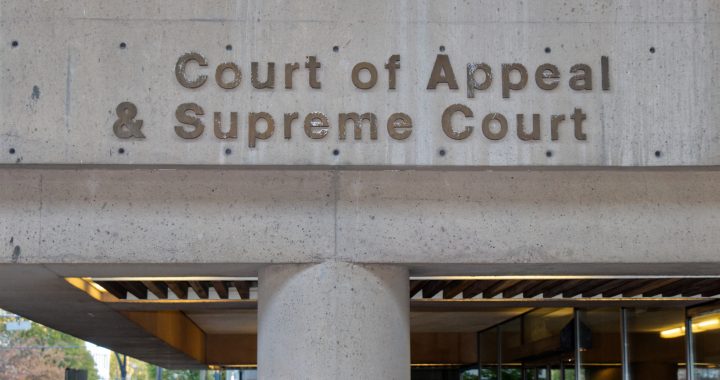
Peck and Company is pleased to announce that Michael Gismondi and Caroline Senini have joined the partnership.
Michael Gismondi practices criminal and administrative law. He specializes in representing clients facing criminal or quasi-criminal allegations during investigations, before the courts, and in professional disciplinary matters. Michael is skilled at finding creative and practical solutions to difficult problems. He has appeared at all levels of court in British Columbia, at the Federal Court of Canada, and before regulatory bodies including the Parole Board of Canada, the College of Pharmacists of British Columbia, and RoadSafetyBC. Michael takes a particular interest in mentoring articled students and young counsel, and he is a volunteer principle with the UBC Criminal Clinic program. He is also a regular volunteer with the Access Pro Bono. Michael graduated from the University of Victoria Faculty of Law in 2012.
Caroline Senini represents clients in criminal, constitutional and regulatory matters, at both trial and appeal. Caroline has an expertise in complex criminal matters and those involving mental health. She has argued cases at all levels of court, including the Supreme Court of Canada. Prior to joining Peck and Company, Caroline worked at a leading commercial litigation firm in Vancouver and clerked for several justices at the Supreme Court of British Columbia. Caroline volunteers with the UBC law school’s Allan McEachern Advanced Trial Advocacy Program, as a supervisor for UVic law students working with Pro Bono Students Canada, and as a board member for the Vancouver Bar Association. She received her Juris Doctor and Master of Global Affairs degrees from the University of Toronto in 2015.




